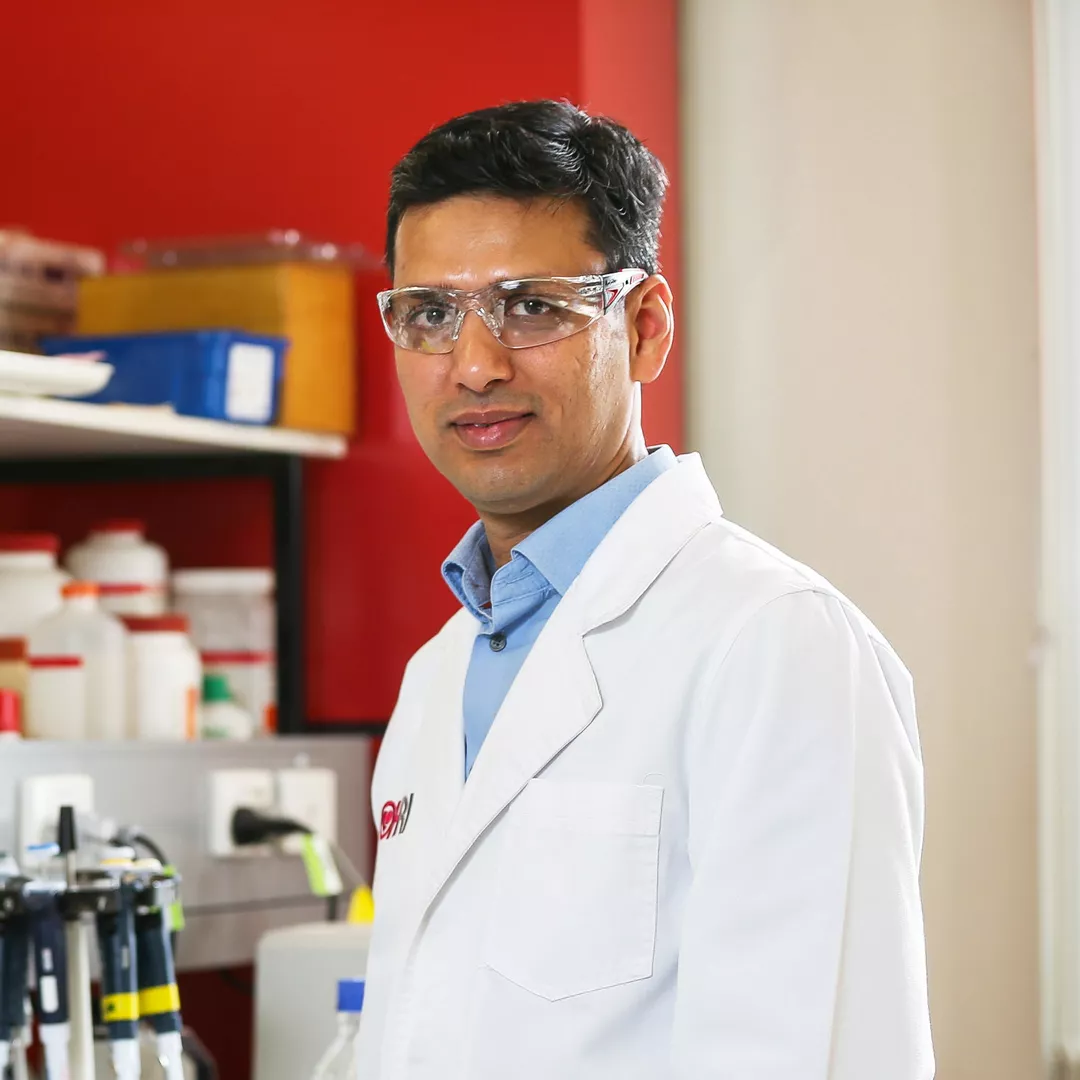“Colchicine is an inexpensive drug, and if we can prove its effectiveness in treating atherosclerosis, it could become an easily accessible and widely used treatment to reduce cardiovascular disease.”
Dr Misra also collaborates with Associate Professor Sanjay Patel, leader of the Coronary Diseases Group at HRI. Assoc Prof Patel has demonstrated that colchicine is successful in reducing atherosclerosis and heart attacks, in work that is now showing promising outcomes in clinical trials.
The Perpetual IMPACT grant is funded by the Walter and Eileen Ralston Trust. Since 2016, both the Walter and Eileen Ralston Trust and Ramaciotti Foundations (both managed by Perpetual) have made significant contributions to HRI’s research into colchicine as a treatment for cardiovascular disease.

